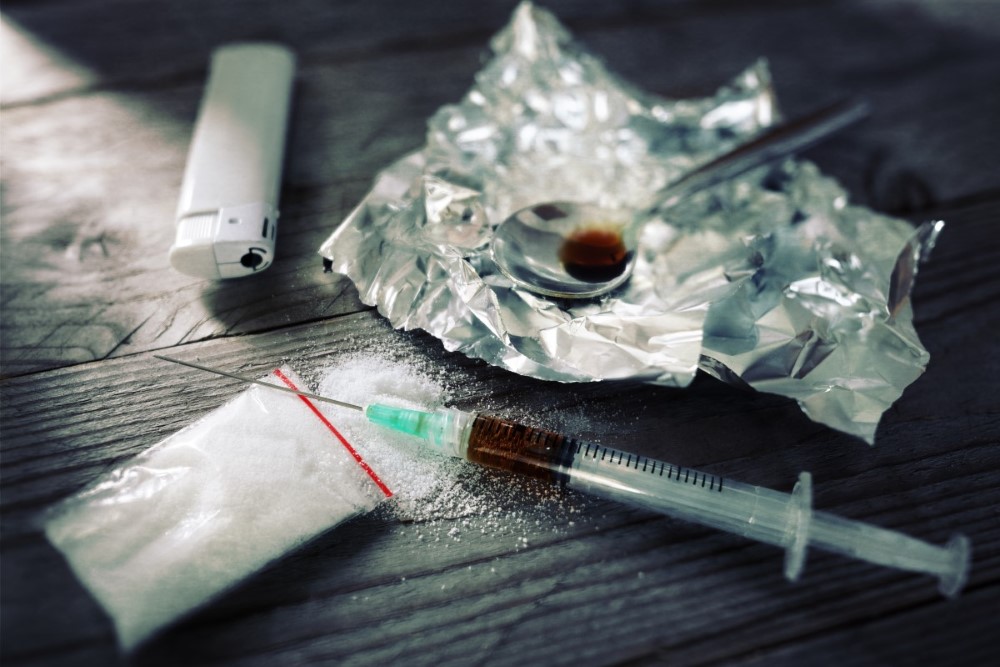In the complex world of addiction and eating disorders, there exists an intricate interplay that affects the lives of many individuals. This article aims to guide you through the profound relationship between these co-occurring disorders, shedding light on the challenges they pose and the integrated treatment strategies essential for recovery.
Understanding the Nexus: Addiction and Eating Disorders
To comprehend the convergence of addiction and eating disorders, you’ll embark on a journey through the intertwined factors that fuel these conditions. Discover how emotional triggers, societal pressures, and genetic predispositions can lead to this challenging dual diagnosis.
The Unseen Battles: Personal Stories and Struggles
Real-life narratives provide insight into the daily struggles faced by individuals battling both addiction and eating disorders. You’ll hear stories of resilience and hope, gaining a deeper understanding of the emotional toll and physical consequences that these co-occurring disorders can inflict.
Integrated Treatment Approaches: A Path to Healing
Explore the various therapeutic modalities and interventions that offer a lifeline to those caught in the grip of addiction and eating disorders. From cognitive-behavioral therapy to holistic approaches, you’ll uncover the multidimensional strategies that guide individuals towards recovery.
Breaking the Stigma: Fostering Empathy and Support
In addressing the stigma surrounding addiction and eating disorders, this article emphasizes the importance of empathy and support from friends, family, and the community. Discover how fostering understanding can make a significant impact on the journey to recovery.
The Call for Awareness and Advocacy
Lastly, we’ll discuss the critical need for awareness and advocacy in the realm of co-occurring addiction and eating disorders. Learn how you can contribute to spreading awareness, supporting affected individuals, and advocating for better access to integrated treatment.
The Overlapping Struggles: Addiction and Eating Disorders
In the intricate web of addiction and eating disorders, a significant overlap exists, leading to intertwined challenges and complex journeys to recovery. These co-occurring conditions share diagnostic similarities, both manifesting as compulsive behaviors that are challenging to control. Individuals grappling with eating disorders often battle an unhealthy body image and co-occurring mental health disorders like depression and anxiety. In their quest for coping mechanisms, many turn to substance abuse, further intensifying the intertwining struggles they face. This overlap underscores the critical importance of integrated treatment approaches and comprehensive care for individuals dealing with both addiction and eating disorders. As we delve deeper into the complex relationship between these two conditions, you’ll gain valuable insights into the challenges faced and the pathways to healing.
Understanding the Link To effectively address the intersection of addiction and eating disorders, start by understanding the profound connection between the two. Recognize that these conditions often co-occur due to shared underlying factors such as unhealthy coping mechanisms and co-occurring mental health issues. By acknowledging this link, you can better grasp the complexity of your situation.
Seek Specialized Care When dealing with addiction and eating disorders simultaneously, it’s crucial to seek professional help. Look for treatment centers or healthcare providers with expertise in dual diagnosis or co-occurring disorders. This specialized care can offer you tailored treatment plans that address both conditions comprehensively.
Communication Is Key Open and honest communication is vital in your journey to recovery. Discuss your situation with your treatment team, including therapists, doctors, and nutritionists. Share your struggles, triggers, and any relapses promptly. This transparency will help them provide you with the support you need.
Nutrition and Diet Maintaining a balanced diet is essential when dealing with both addiction and eating disorders. Collaborate with a registered dietitian who specializes in eating disorder recovery. They can guide you in developing a meal plan that promotes physical health while addressing your emotional needs.
Embrace Mindfulness and Self-Care Incorporate mindfulness practices into your daily routine. Techniques such as meditation, yoga, or journaling can help you become more aware of your emotions and triggers. Additionally, prioritize self-care activities that promote relaxation and stress management.
Build a Support System Lean on your support network, including friends and family, as you navigate this challenging journey. Educate them about the complexities of addiction and eating disorders so they can provide meaningful support. Consider joining support groups or online communities where you can connect with others facing similar challenges.
Recognize Relapse as Part of Recovery Relapse is a common part of the recovery process, and it doesn’t signify failure. If you experience a setback, reach out to your treatment team immediately. Together, you can identify triggers and develop strategies to prevent future relapses.
Celebrate Small Victories Recovery is a journey filled with ups and downs. Celebrate even the smallest victories along the way. Acknowledge your progress, no matter how incremental it may seem. These moments of achievement can fuel your determination to continue moving forward.
Stay Committed to Long-Term Recovery Remember that recovery from addiction and eating disorders is an ongoing process. Stay committed to your treatment plan and prioritize your well-being. Be patient with yourself and embrace the path to long-term recovery.
Never Give Up Above all, never lose hope. The road to recovery may be challenging, but with determination, support, and professional guidance, you can overcome the intersection of addiction and eating disorders. Your journey toward a healthier, happier life is worth every effort.
Heading: Embracing a Healthier Tomorrow
In closing, remember that the path to recovery from addiction and eating disorders is both challenging and transformative. By understanding the intricate connection between these conditions and seeking specialized care, you’ve taken a significant step forward. Through open communication, a balanced diet, mindfulness practices, and a robust support system, you’re equipping yourself to face the complexities of dual diagnosis.
Heading: Your Journey to Wholeness
As you embark on this journey towards wholeness, keep in mind that recovery is a continuous process filled with triumphs and setbacks. By celebrating your victories, no matter how small, and staying committed to the long-term recovery path, you’re empowering yourself to break free from the grip of addiction and eating disorders. With determination, support, and self-care, you have the strength to embrace a healthier tomorrow.




